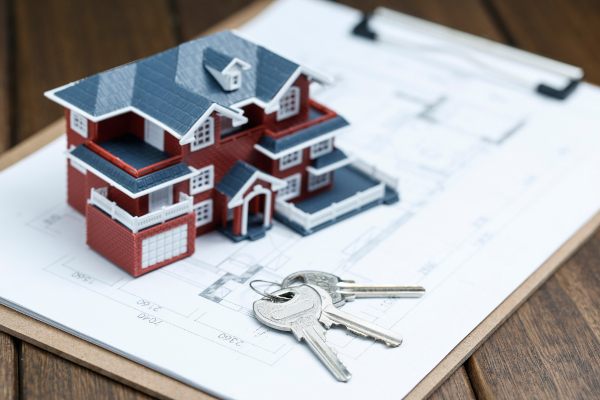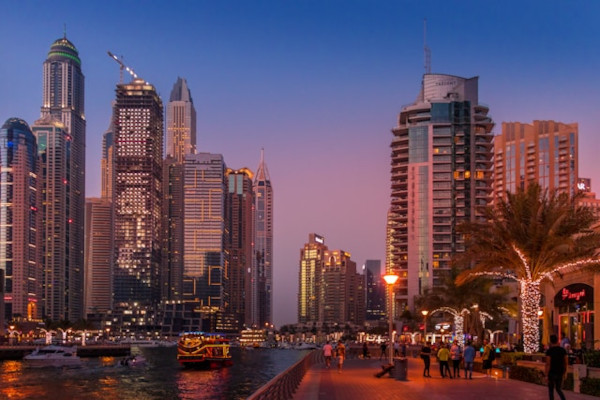Dubai Real Estate: what can an investor expect in 2025
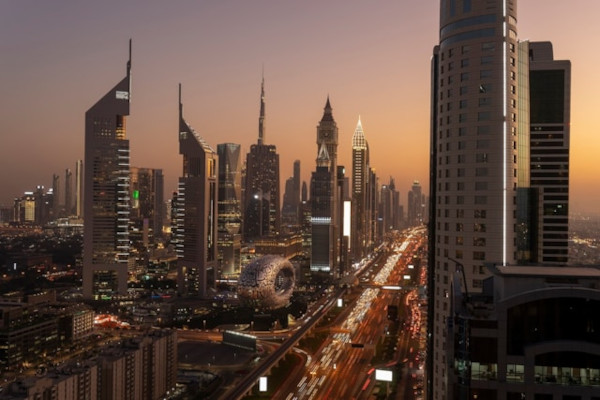
Dubai's real estate market is a kind of "barometer" of the emirate's entire economy. Its history is marked by both periods of rapid growth and deep crises. Today, in 2025, it is showing record figures, but this is what makes investors wonder: is the current situation sustainable? Let's figure it out!
Macroeconomic fundamentals of the current boom: why the market is growing
The current upswing in Dubai's real estate market is fundamentally different from the period a decade ago. It is built on a more solid, though not indisputable foundation.
Global population inflow as a key driver
The policy of issuing resident visas for the purchase of real estate, changes in social legislation and Dubai's status as a "haven of stability" in a troubled world have led to a massive inflow of highly qualified specialists, entrepreneurs and wealthy individuals from Russia, India, the UK, the EU and the CIS.
Economic diversification and growth of key sectors
Dubai has relied on reducing dependence on the oil industry. Today, a significant part of its economic growth is provided by key sectors such as tourism, logistics, financial services, and technology.
This macroeconomic shift has a direct and positive impact on the housing market, as well as leading to higher household incomes and corporate profits. As a result, there is a steady and growing demand for residential and commercial real estate – offices, warehouses and hotels, which are necessary for the development of business and the tourism industry.
Linking the dirhams to the dollar
There is an important advantage for foreign investors in Dubai: the local currency (dirhams) is rigidly pegged to the US dollar. This means that the exchange rate remains stable, eliminating the risk that real estate investments will lose value due to sharp fluctuations in exchange rates. In fact, by investing in housing in Dubai, you get an asset whose value is predictable in dollar terms. This is especially attractive for investors from countries where the national currency is unstable, as it allows them to maintain the value of their investments and manage their investments calmly without fear of unexpected financial losses.
Development prospects and key market drivers
Tourism
The UAE does not stop there in the field of tourism. Large-scale projects such as the development of new resort areas, the introduction of innovative entertainment (casino, planned by Disneyland), continue to attract millions of visitors. It is expected that this will not only support high demand for hotel real estate and short-term rentals, but will also contribute to higher housing prices in areas where people associated with this industry live and work.
The right strategy
It is important to understand that Dubai's housing market is heterogeneous. High-end luxury real estate, especially in prestigious areas, may remain more resistant to rising interest rates, as buyers in this segment often use cash. At the same time, off-plan facilities usually offer attractive prices and payment plans, but they carry additional risks associated with deadlines and possible changes in projects. Investors should analyze the specifics of each segment in order to choose the most appropriate option for their strategy.
Technologies
Dubai's active development as a global innovation hub attracts highly qualified specialists from all over the world to the emirate. The creation of new technology parks and the support of start-ups generate a steady demand for high-quality housing from these professionals, which ensures stable interest in real estate in the respective areas.
Investor's Strategy for 2025
- The key rule is to invest in liquid assets. Preference should be given to ready-made housing in central areas (Downtown, Dubai Marina, Jumeirah Village Circle) from top developers (Nakheel, Emaar, Meraas, Select Group, DAMAC, Danube, Sobha, etc.) Such an object will be easier to sell in case of deterioration of market conditions.
- Carefully analyze the potential rental yield so that it is adequate and covers the costs in various scenarios.
- Be flexible. Don't limit yourself to one area or property type. Be prepared to adapt by exploring different locations and segments to reduce overall risks.
- Keep in mind Dubai's long-term development plans. Focus on facilities that have the potential to grow in the future, despite possible short-term difficulties.
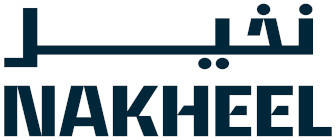

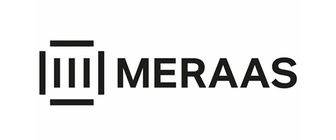
%2520(1).jpg)
%2520(1).jpg)
%2520(1).jpg)

